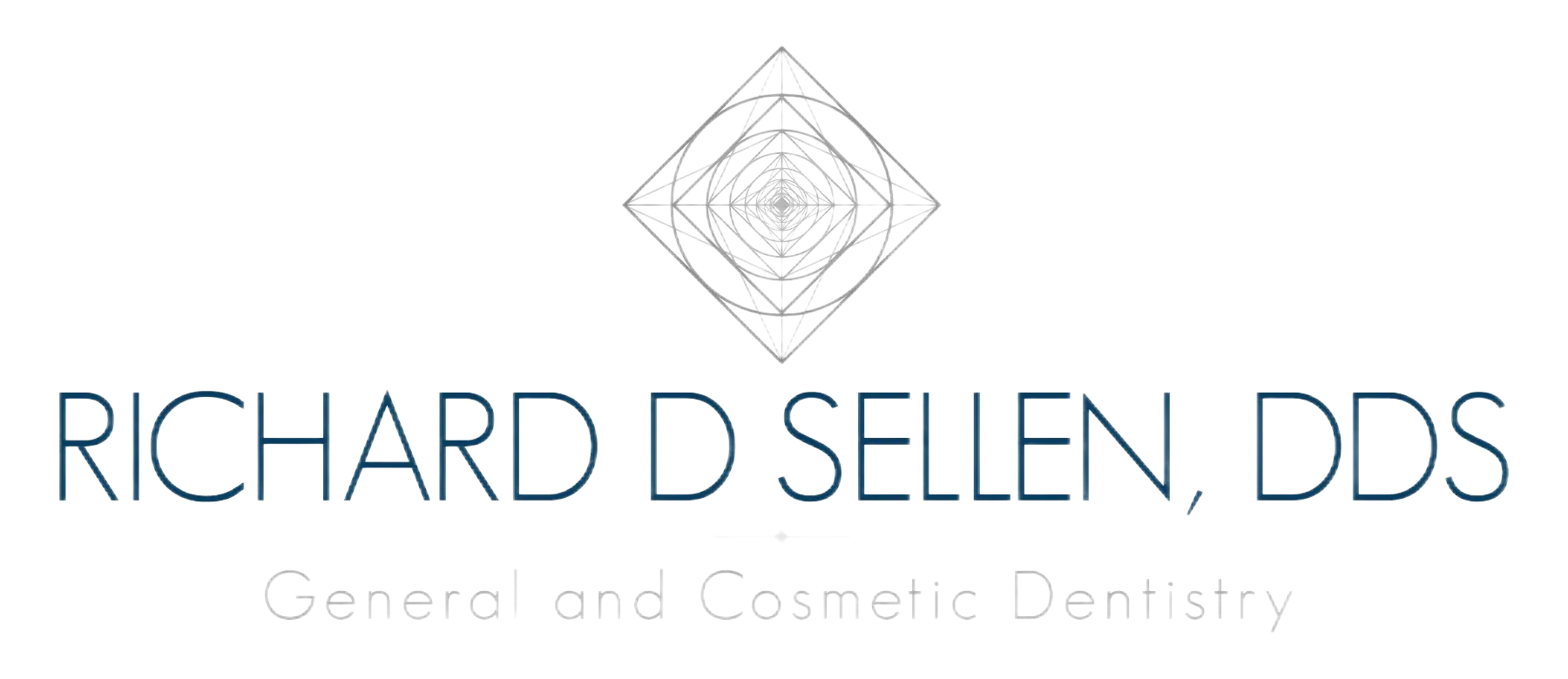Taking care of your teeth and gums is essential not only for a bright smile but also for your overall well-being. So grab your toothbrush, sit back, and let's dive into some tips for maintaining excellent oral hygiene!
The Importance of Good Oral Health
Maintaining good oral health is crucial for a number of reasons. It helps prevent tooth decay and gum disease. When we neglect our oral hygiene, plaque builds up on our teeth, leading to cavities and potential tooth loss if left untreated. Additionally, gum disease can occur when bacteria in the mouth infect the gums, causing inflammation and potential damage to the supporting structures of the teeth.
But dental issues don't just stay confined to your mouth; they can have far-reaching effects on your overall health as well. Research has shown that poor oral health is linked to various systemic conditions such as heart disease, diabetes, respiratory infections, and even adverse pregnancy outcomes. Moreover, maintaining good oral health contributes to better self-confidence and mental well-being. A healthy smile boosts our self-esteem and allows us to interact with others more confidently.
By prioritizing regular brushing and flossing at home along with routine dental check-ups, you are taking proactive steps toward achieving optimal oral health. Remember that prevention is key - investing a little time each day in caring for your teeth will save you from potentially expensive and painful dental procedures down the road!
Tips for Good Oral Hygiene
- Brush your teeth twice a day: The foundation of good oral hygiene starts with regular brushing. Make it a habit to brush your teeth at least twice a day, using a soft-bristled toothbrush and fluoride toothpaste.
- Proper brushing technique: It's not just about brushing, but how you do it matters too! Hold your toothbrush at a 45-degree angle against the gum line and use gentle circular motions to clean each tooth thoroughly. Don't forget to brush your tongue as well!
- Floss daily: Brushing alone can't reach all those tight spaces between your teeth where plaque likes to hide. That's why flossing is essential for removing food particles and preventing gum disease.
- Use mouthwash: Adding mouthwash to your daily routine can help kill bacteria that cause bad breath, reduce plaque buildup, and promote healthier gums.
- Watch what you eat: A healthy diet plays an important role in maintaining good oral health. Limit sugary snacks and drinks as they contribute to tooth decay.
- Visit your dentist regularly: Regular dental check-ups are crucial for detecting any potential issues early on and ensuring proper oral care.
Remember, good oral hygiene isn't just about having fresh breath and pearly white teeth – it's about taking care of your overall health! So follow these tips consistently, prioritize self-care, and enjoy the benefits of a healthy smile!
To learn more, visit Richard D. Sellen, DDS, at 1600 Willow St #150, San Jose, CA 95125, or call (408) 264-3133 to schedule an appointment.
More Blog Posts
Richard D. Sellen, DDS
Location
1600 Willow St #150,
San Jose, CA, 95125
Phone: (408) 264-3133Text Us: (408) 264-3133






